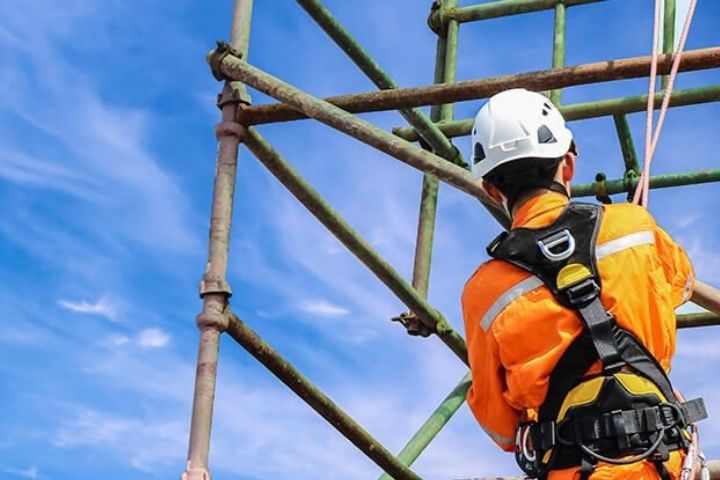Emergency Response
At Stream Marine Training, we have highly qualified instructors from a range of different occupations who teach Emergency Response courses. Our instructors have previous careers as army medics, Fire and Rescue members, Royal Navy officers and many more. We are very proud to offer such high-quality courses in Emergency Response and offer the best expertise. The first aid courses at Stream Marine training are QA approved, and we also offer bespoke training only available at SMT in specialist areas such as Helicopter Underwater Escape Training (HUET).

1 day

3 days

4 days

0.5 Day

0.5 Day Webinar

1 Day

0.5 Day

1 Day












